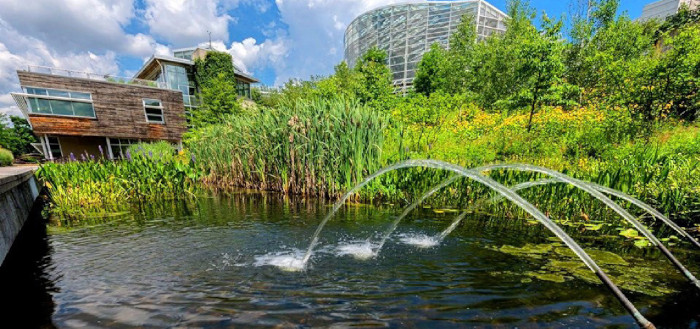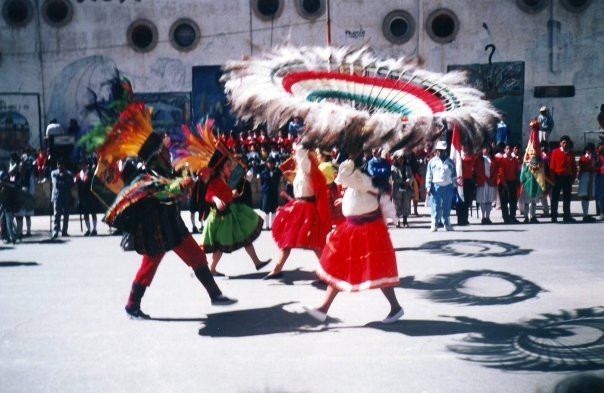Special Issue - Developing sustainability training through research on sustainability
Newsletter

Effective training on sustainability principles and applications requires deep engagement with scholarly work from the Humanities and Social Sciences on sustainability and development. Thus, the historical legacies of sustainability research, combined with the European integration process, are essential to rediscover due to their blend of contention and hope.
Bionote
Cristina Blanco Sío-López is a Senior Distinguished Researcher at the University of La Coruña (UDC), Spain, and PI of the ‘FUNDEU’ and ‘FREEMOVEU’ projects. In 2024-2025, she will be a Visiting Fellow at the University of Cambridge, UK. She was the PI of the EU Horizon 2020 ‘NAVSCHEN’ project and a MSCA Senior Global Fellow at the University of Pittsburgh, USA, and Ca' Foscari University of Venice, Italy. She also served as an Assistant Professor at the University of Groningen, the Netherlands, and a ‘Santander’ Senior Fellow at the University of Oxford, UK, where she remains a Senior Member.
Uncovering the european integrationsustainability entanglement
When designing sustainability training, it is often applied without context, missing the importance of setting contexts, clarifying causal links, and establishing either continuity or creative disruption as we move forward. In my case, critical historical analysis has provided me with not just structures but a solid corpus of sources and content, serving as a gateway for future sustainability research explorations.

To achieve this, I developed a practice of uncovering historical developments that Issue 39 - June 202417This work is licensed under a Creative Commons Attribution 4.0 International L icense. Special Issue Integrating sustainability into research and innovation inform existing and potential sustainability choices. This involved valuing the Humanities’ contributions to crafting and diffusing path- breaking concepts in sustainability. The result was dedicated academic training on the historical evolution of the main conceptual premises in the European Community’s (EC) development cooperation and sustainability dimensions as part of the European integration process.
Post-colonialism and learning from asymmetries
This training firstly addressed the post- WWII decolonization context, examining how development concepts were markedly framed by the weight of past imbalances and asymmetries (Brundtland, 1987) in the early European integration process. These asymmetries were later accentuated by the EC Member States (MS) neglecting the fact that European integration implied not only individual MS socioeconomic cohesion responsibilities, but also equally shared international cooperation and sustainability responsibilities (Hildebrand, 1992), positioning the EC/EU also a global player.
Contextual factors and sustainability paradigms
The training also examined the shifting paradigms of the diversity of instrumental meanings given to ‘sustainable development’ in EU policy-making in the post-Cold War. This included: the EU agenda-setting focus on the compatibility between environmental protection (Carter, 2013) and economic growth (Burns and Tobin, 2016); the ‘democracy clause’ for EU development cooperation and its conditionality implications; the shifts to the ‘Ecological Modernization’ paradigm and the inner hindrances to the EU ‘sustainability governance’ self-assumed principle. By relating changing contexts to changing paradigms, the offered training helped participants understand which array of contextual factors support socially and environmentally enriching new paradigms.
The citizens’ engagement angle
In addition, the training focused on the innovative capacity of global and EU civil society and activist movements to mainstream impactful social concepts. This included influencing the collective imagination and agenda-setting in European representative politics (Delreux and Happaerts, 2016).

Key sources for this training were used to promote citizen engagement through participative democracy experiences. These sources were drawn from the EU Historical Archives in Florence and Oral History interviews with key EC/EU players, including an interview with the Development Cooperation Commissioner, who proposed and secured an international agreement on the EU development cooperation ‘democracy clause’.
Takeaways – alternative meanings of ‘growth’
Training on the Sustainability-European integration entanglement led to learning about alternative pathways to growth, relying on innovative governance processes and implementation of new technologies aligned with ‘Ecological Modernization’ self- defining narratives. These outcomes suggest incorporating fragile populations as part of our collective ‘we’, rather than a perpetual ‘they’. They also invite reflection on the paradox of multilevel quality degradation (environmental, political, socioeconomic, etc.), spreading without benefiting the a priori degraders.
And yet, a fundamental tension persists: the short-term economic priorities versus the necessary long-term consolidation of sustainable development within a global community of values mindset. Our hope might lie in training to evolve from a Community of interests to a Community of values.
Cristina Blanco Sío-López
Senior Distinguished Researcher
University of La Coruña, Spain
cristina.blanco.sio-lopez@udc.es
@CBlancoSioLopez
References
Brundtland, G. (1987). Our common future: Report of the 1987 World Commission on environment and development (1st edition). United Nations, Oslo.
Burns, C. and Tobin, P., (2016). The impact of the economic crisis on European Union environmental policy. JCMS: Journal of Common Market Studies, 54(6), 1485–1494.
Carter, N., (2013). Greening the mainstream: party politics and the environment. Environmental Politics, 22(1), 73–94.
Delreux, T. & Happaerts, S., (2016). Environmental policy and politics in the European Union. Basingstoke: Palgrave.
Hildebrand, P., (1992). The European community’s environmental policy, 1957 to ‘1992’: from incidental measures to an international regime? Environmental Politics, 1(4), 13–44.